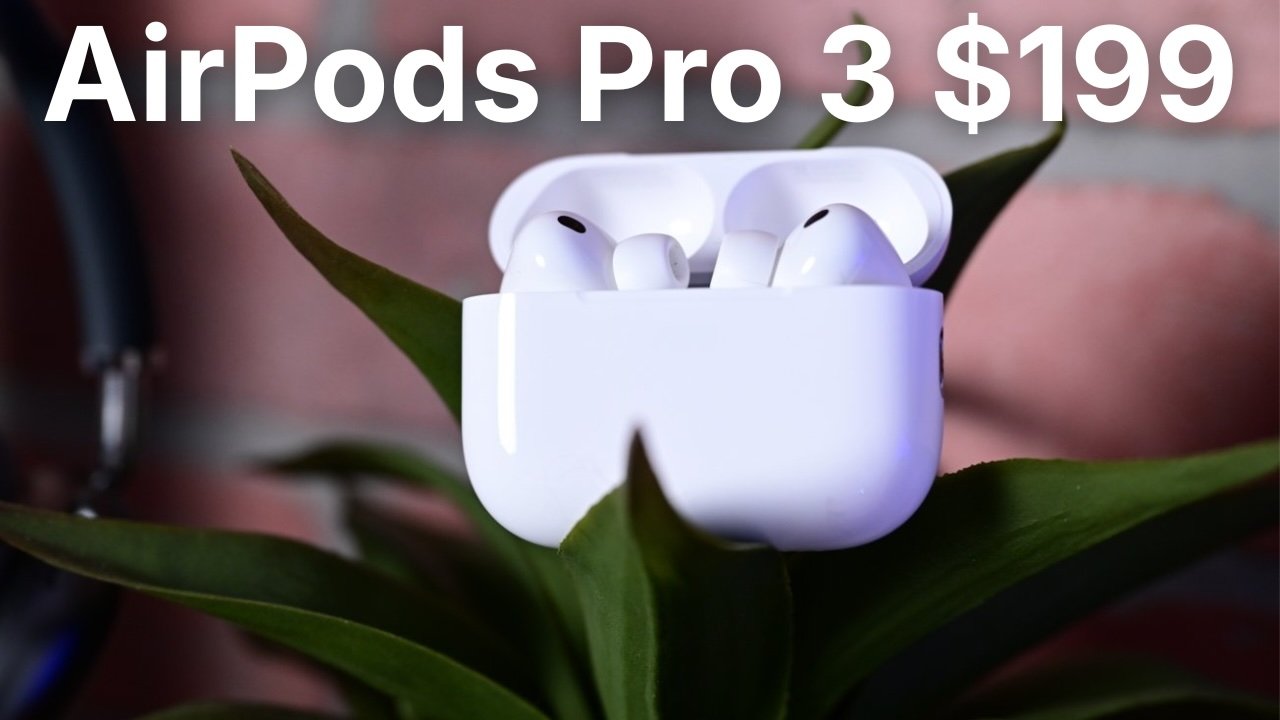The White House has recently announced that the proposed 25% tariff on iPhones manufactured outside the United States will not lead to increased prices for consumers. Instead, the administration expects Apple Inc. to absorb these additional costs.
National Economic Council Director Kevin Hassett addressed concerns about potential price hikes during an appearance on CNBC’s Squawk Box. He stated, Apple will bear those tariffs, not consumers. It’s an elastic supply. This comment follows President Donald Trump’s public warning to Apple to relocate iPhone production to the U.S. or face the new tariff. Currently, Apple assembles the majority of its devices in China, with increasing operations in India and Vietnam. The administration maintains that corporations, rather than customers, should shoulder the burden of tariffs.
White House Softens Stance but Maintains Pressure
Hassett emphasized that the administration does not intend to harm Apple, describing the proposed tariffs as part of broader trade negotiations. We don’t want to harm Apple, he said. Everybody is trying to make it seem like it’s a catastrophe if there’s a tiny little tariff on them right now. This statement comes after President Trump’s social media post demanding that Apple manufacture iPhones in the U.S. or pay a minimum 25% tariff. If that is not the case, a Tariff of at least 25% must be paid by Apple to the U.S., Trump wrote. Thank you for your attention to this matter.
Analysts have estimated that producing iPhones domestically could result in a retail price of up to $3,500, a significant increase from current prices. Apple has not publicly commented on the administration’s threat.
Tariff Burden Shifted to Corporations
The administration has consistently argued that large companies should absorb the costs associated with tariffs. Earlier this month, President Trump instructed Walmart to EAT THE TARIFFS after the company indicated it would raise prices. The president also criticized Amazon for disclosing tariff-related costs on its platform.
Despite the ongoing discussions and potential implications of the tariffs, Apple stock closed up more than 2% on Tuesday, reflecting investor confidence amid the uncertainty.



